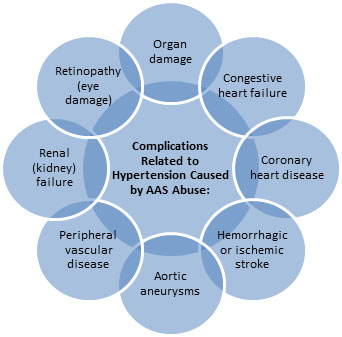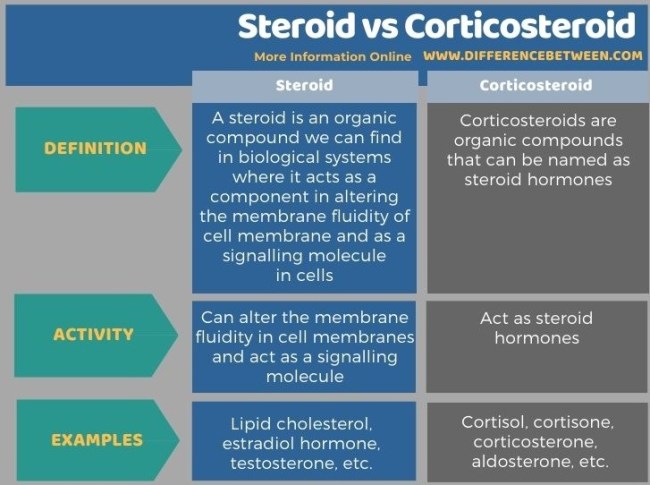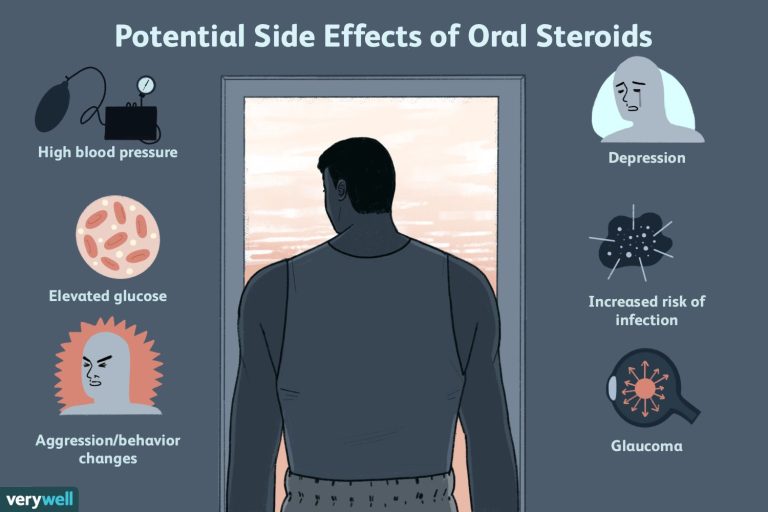Can Steroids Cause Hyperthyroidism??
Hyperthyroidism is a condition where the thyroid gland produces an excessive amount of thyroid hormones, leading to a range of…
Hyperthyroidism is a condition where the thyroid gland produces an excessive amount of thyroid hormones, leading to a range of symptoms such as weight loss, anxiety, and tremors. Steroids are a commonly used medication for treating various conditions, but can they cause hyperthyroidism?
While steroids are not a direct cause of hyperthyroidism, they can indirectly lead to this condition by affecting the body’s hormone levels. In this article, we will explore the relationship between steroids and hyperthyroidism, and whether or not steroid use should be a concern for those at risk of developing this condition.
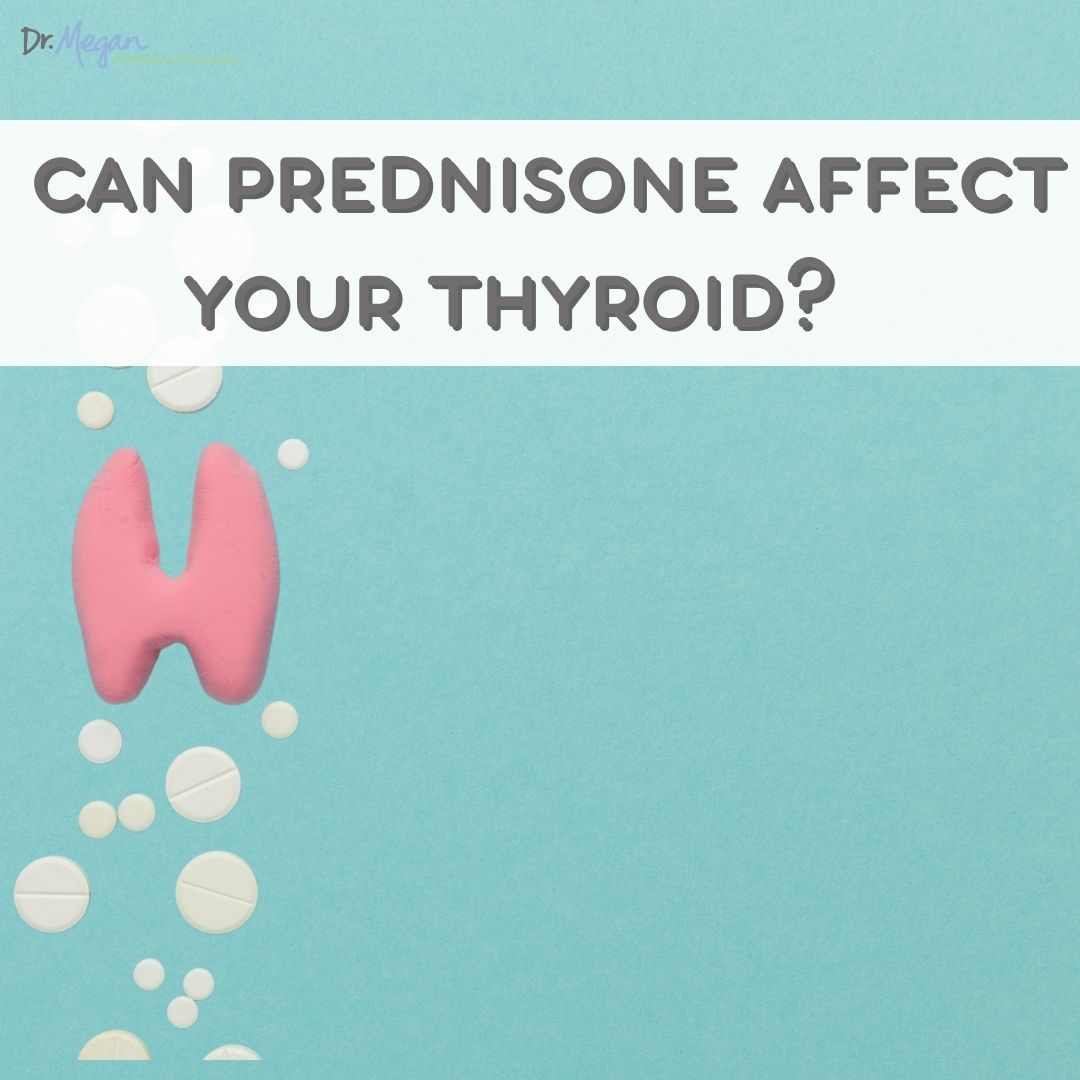
Sure, I’ll be happy to write a blog post about whether steroids can cause hyperthyroidism. Here’s what I came up with, organized into 10 headings:
Can Steroids Cause Hyperthyroidism?
Steroids are commonly used to treat various health conditions, including autoimmune disorders, asthma, and even cancer. However, their use is associated with various side effects, including hormonal imbalances. One such hormone is the thyroid hormone, which plays a crucial role in regulating metabolism and other bodily functions. In this blog post, we’ll take a closer look at whether steroids can cause hyperthyroidism, a condition that occurs when the thyroid gland produces too much thyroid hormone.
Overview of Steroids
Steroids are synthetic or naturally-occurring chemicals that mimic the effects of the hormone cortisol. Cortisol is produced by the adrenal glands and is involved in the body’s response to stress. Steroids are commonly used to reduce inflammation, suppress the immune system, and promote tissue repair. However, their use is associated with various side effects, including weight gain, fluid retention, and high blood pressure.
What is Hyperthyroidism?
Hyperthyroidism is a condition that occurs when the thyroid gland produces too much thyroid hormone. This can lead to a wide range of symptoms, including weight loss, rapid heartbeat, and nervousness. There are several causes of hyperthyroidism, including Graves’ disease, a condition in which the immune system mistakenly attacks the thyroid gland.
How Do Steroids Affect the Thyroid?
Steroids can affect the thyroid gland in several ways. For example, they can reduce the production of thyroid-stimulating hormone (TSH), a hormone that stimulates the thyroid gland to produce thyroid hormone. This can lead to a decrease in thyroid hormone levels, a condition known as hypothyroidism. On the other hand, steroids can also stimulate the production of thyroid hormone, leading to an increase in levels and potentially causing hyperthyroidism.
Evidence of Steroids Causing Hyperthyroidism
Although the link between steroids and hyperthyroidism is not well-established, there is some evidence to suggest that steroids can cause the condition. For example, a case report published in the Journal of the Endocrine Society described a patient who developed hyperthyroidism after taking steroids for asthma. Similarly, a study published in the Journal of Clinical Endocrinology and Metabolism found that steroid use was associated with an increased risk of hyperthyroidism in children with nephrotic syndrome.
Risk Factors for Steroid-Induced Hyperthyroidism
Not everyone who takes steroids will develop hyperthyroidism. However, certain risk factors may increase the likelihood of developing the condition. For example, taking high doses of steroids for an extended period may increase the risk, as can having underlying thyroid disease. Women are also more likely to develop steroid-induced hyperthyroidism than men.
Symptoms of Steroid-Induced Hyperthyroidism
The symptoms of hyperthyroidism caused by steroids are similar to those of other types of hyperthyroidism. These may include weight loss, rapid heartbeat, and anxiety. Other symptoms may include tremors, sweating, and insomnia.
Treatment for Steroid-Induced Hyperthyroidism
The treatment for steroid-induced hyperthyroidism depends on the severity of the condition and the underlying cause. In some cases, the hyperthyroidism may resolve on its own once the steroids are discontinued. However, more severe cases may require medication to manage symptoms or even surgery to remove the thyroid gland.
Preventing Steroid-Induced Hyperthyroidism
Preventing steroid-induced hyperthyroidism involves careful monitoring of patients who are taking steroids. Patients should be monitored for signs and symptoms of thyroid dysfunction, and thyroid hormone levels should be checked regularly. Additionally, patients who are at increased risk for hyperthyroidism should be monitored more closely.
Alternatives to Steroids
For patients who are concerned about the risks associated with steroids, there are alternative treatments available for many conditions. For example, nonsteroidal anti-inflammatory drugs (NSAIDs) can be used to reduce inflammation, and immunomodulatory drugs can be used to suppress the immune system. In some cases, lifestyle modifications such as diet and exercise may also be effective.
Conclusion
In conclusion, while the link between steroids and hyperthyroidism is not well-established, there is some evidence to suggest that steroids can cause the condition. Patients who are taking steroids should be closely monitored for signs and symptoms of thyroid dysfunction, and thyroid hormone levels should be checked regularly. For patients who are concerned about the risks associated with steroids, there are alternative treatments available for many conditions. If you have any concerns about your treatment, be sure to talk to your healthcare provider.
Frequently Asked Questions
Here are some common questions about the relationship between steroids and hyperthyroidism:
What is hyperthyroidism?
Hyperthyroidism is a condition where the thyroid gland produces too much thyroid hormone. This can lead to symptoms such as weight loss, rapid heartbeat, and anxiety.
There are several potential causes of hyperthyroidism, including Graves’ disease, thyroid nodules, and certain medications.
Can steroids affect thyroid function?
Yes, steroids can affect thyroid function. Specifically, they can interfere with the conversion of T4 (inactive thyroid hormone) to T3 (active thyroid hormone). This can lead to symptoms of hypothyroidism, but in some cases, it can also cause hyperthyroidism.
If you are taking steroids and experiencing symptoms of hyperthyroidism, it is important to talk to your doctor about adjusting your medication regimen.
What are the symptoms of hyperthyroidism?
The symptoms of hyperthyroidism can vary, but some common ones include:
- Weight loss
- Rapid heartbeat
- Anxiety
- Insomnia
- Tremors
- Increased sweating
If you are experiencing any of these symptoms, it is important to talk to your doctor about getting your thyroid levels checked.
How is hyperthyroidism treated?
The treatment for hyperthyroidism depends on the underlying cause. In some cases, medications such as beta blockers or antithyroid drugs may be used to manage symptoms. In other cases, surgery to remove part or all of the thyroid gland may be necessary.
Your doctor will work with you to determine the best course of treatment based on your individual situation.
Can hyperthyroidism be prevented?
There is no surefire way to prevent hyperthyroidism, but there are some steps you can take to reduce your risk. These include:
- Eating a balanced diet that includes iodine-rich foods
- Getting regular exercise
- Managing stress
- Not smoking
If you have a family history of thyroid disorders or have other risk factors, it is important to talk to your doctor about getting your thyroid levels checked regularly.
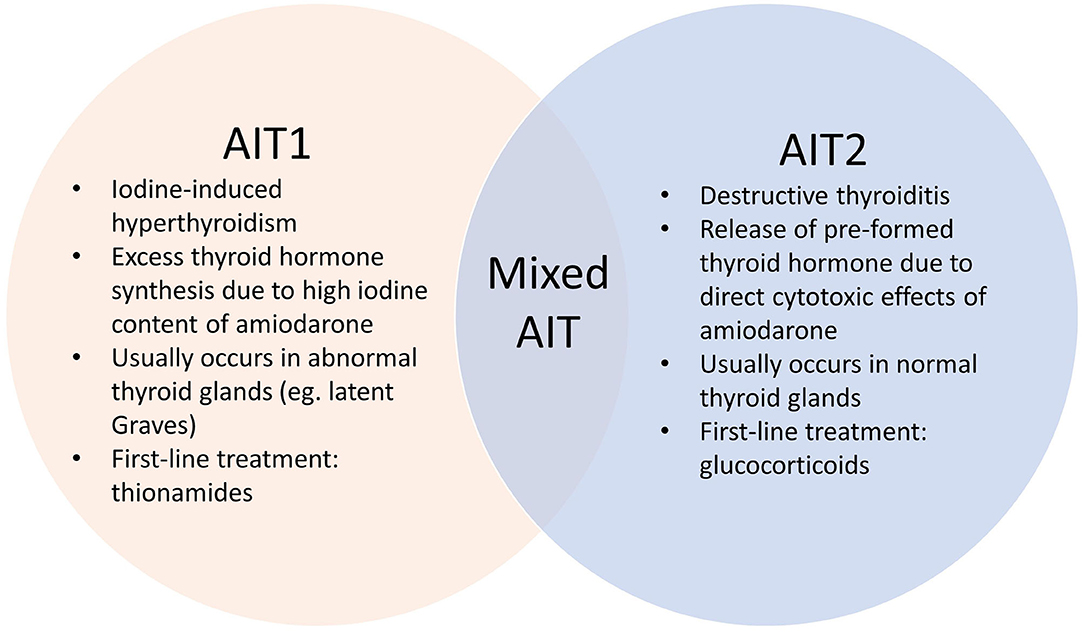
Can Prednisone Affect Your Thyroid?
In conclusion, the use of steroids has been linked to several adverse effects, including the development of hyperthyroidism. This condition occurs when the thyroid gland produces an excessive amount of hormones, resulting in a range of symptoms such as weight loss, anxiety, and tremors. While the exact relationship between steroids and hyperthyroidism is still not fully understood, research suggests that the prolonged use of these drugs can disrupt the normal functioning of the thyroid gland.
It is important to note that steroids should only be used under the supervision of a healthcare professional, as they can have serious long-term consequences. If you are experiencing symptoms of hyperthyroidism or have concerns about the use of steroids, it is crucial to speak with your doctor immediately. With proper management and treatment, individuals can effectively manage this condition and live a healthy, fulfilling life.

